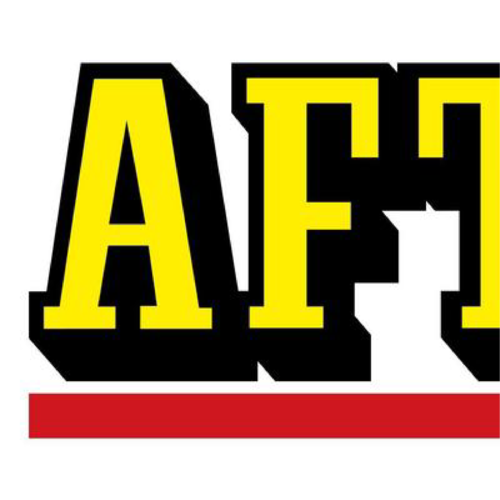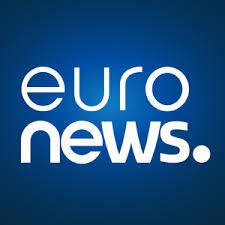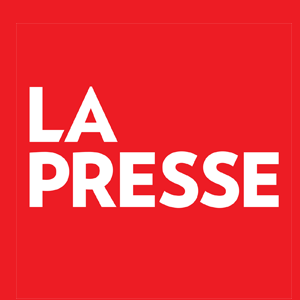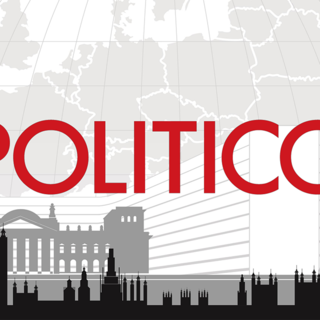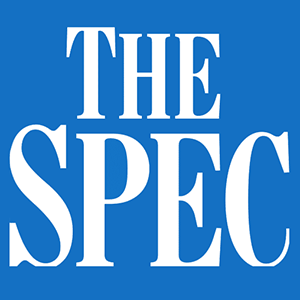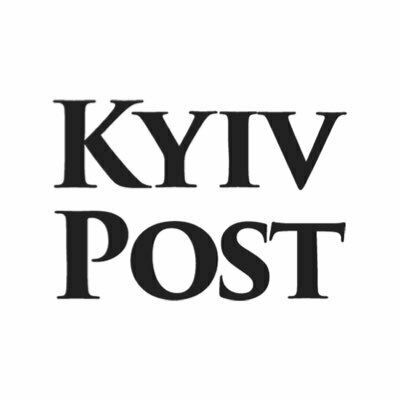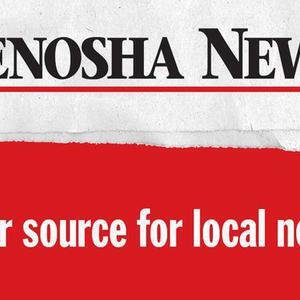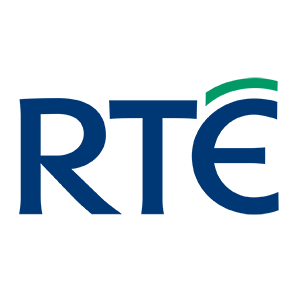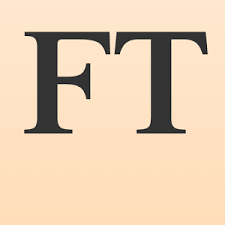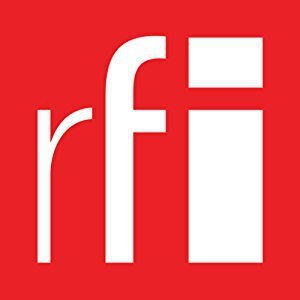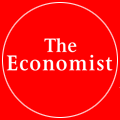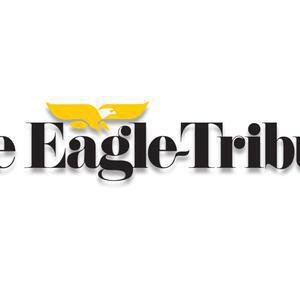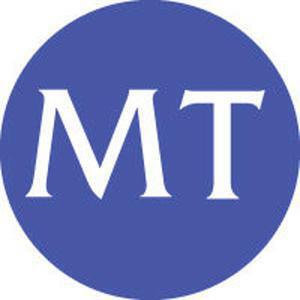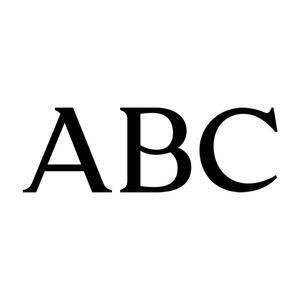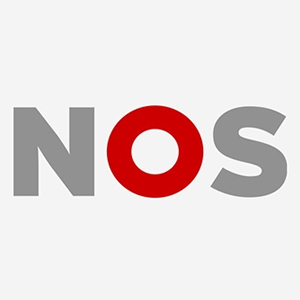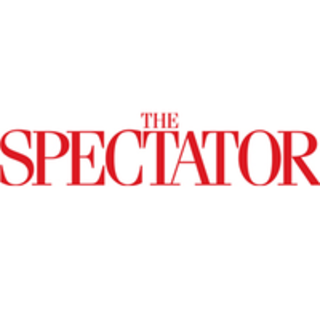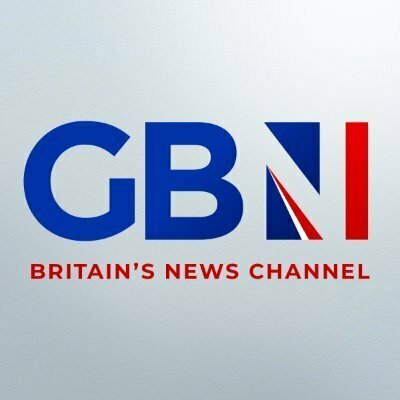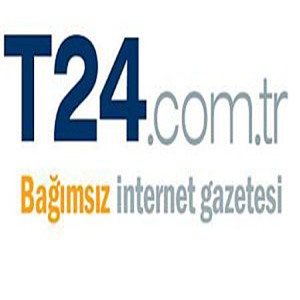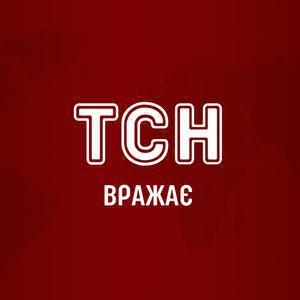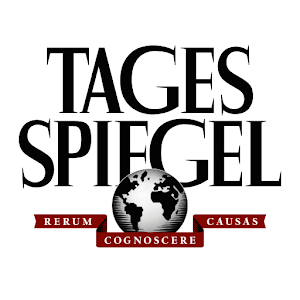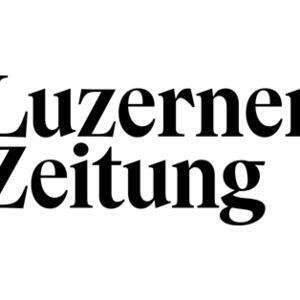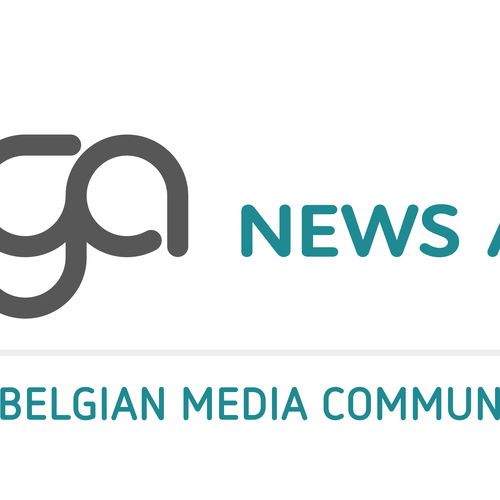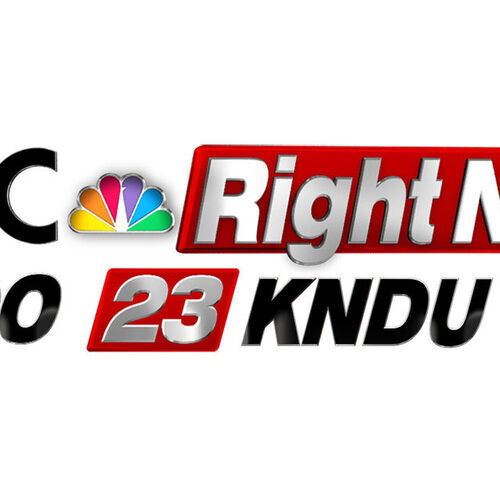- European Union leaders have reassessed their defense strategy amid uncertainty over U.S. commitments to Ukraine, sparked by President Donald Trump’s skepticism about America’s security role in Europe. EU officials feared reduced U.S. support could weaken Ukraine’s position against Russia.
- The European Commission proposed increasing defense investments to bolster EU military capabilities. Germany and other nations discussed increased defense budgets.
- Europe faces pressure to act decisively, with divisions remaining over increased military spending and regional cooperation, as the bloc navigates shifting geopolitical realities.
Full Story
European Union leaders will meet Thursday, March 6, to discuss security concerns amid uncertainty over U.S. commitments to Ukraine. The discussion follows President Donald Trump’s comments questioning America’s role in European security, raising concerns among EU officials about the long-term military support for Kyiv.
Western leaders feared that a reduced U.S. role could weaken Ukraine’s position against Russia and leave Europe more vulnerable to security threats.
Some EU officials have called for greater European defense cooperation. Meanwhile, discussions on increased military investments are underway to strengthen the continent’s defense capabilities.
How has Trump’s Ukraine policy shifted?
Since returning to office, Trump has expressed skepticism about America’s security commitments to Europe, leading to uncertainty over the future of U.S. military aid to Ukraine.
While the administration has not outlined a formal policy shift, Trump suggested Ukraine should negotiate with Russia. His position has caused concern among European allies, who now question U.S. security commitments’ reliability.
How has Europe responded to U.S. stance?
The European Commission proposed increasing defense investments to bolster the EU’s military capabilities. European Commission President Ursula von der Leyen emphasized the need for Europe to enhance its defense infrastructure.
Germany and other European nations have discussed increasing defense budgets, with some leaders advocating for greater collaboration on arms production. Some European officials have suggested that the EU take a more active role in military planning and procurement to ensure long-term security.
What are the risks for Ukraine?
With U.S. support in question, Ukraine faces a growing military disadvantage against Russia.
While European nations continue to send military aid, they acknowledged that filling the gap left by the United States would be challenging. The EU committed substantial financial assistance to Ukraine this year, but officials warn that Europe alone may struggle to sustain Kyiv’s defense indefinitely.
Could Europe take a more independent defense role?
Trump’s calls for NATO allies to increase their defense spending reignited debate over Europe’s military autonomy.
The U.S. pushed its allies to meet the NATO target of 2% of GDP for defense spending, a goal that some EU nations still struggle to reach.
Some European leaders proposed strengthening regional military cooperation to reduce reliance on Washington. However, divisions remain within the bloc. Some nations have even expressed skepticism over increased military spending.
What comes next?
While immediate changes are unlikely, discussions among European leaders signal a turning point in Europe’s approach to security.
As European leaders navigate shifting geopolitical realities, they face increasing pressure to act decisively.

